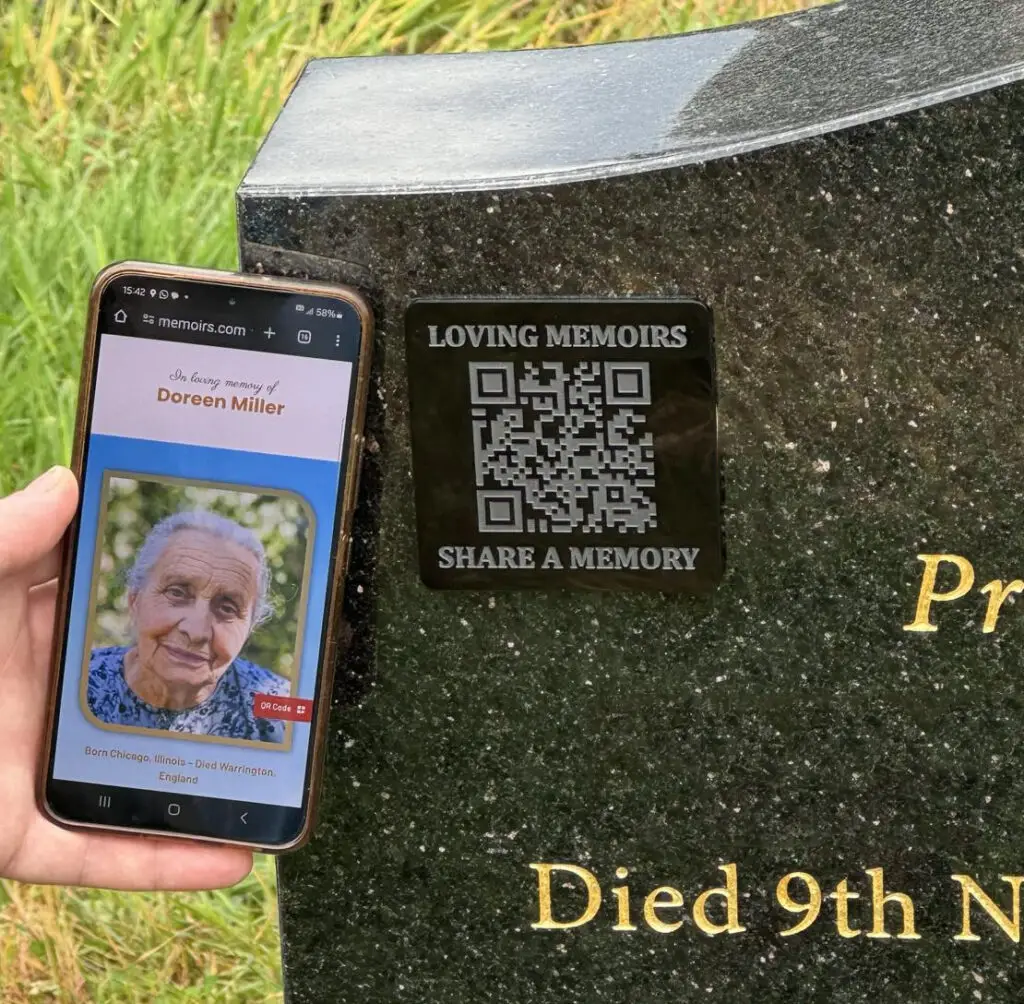Memories greatly impact who we are and how we see the world. They provide the basis for understanding ourselves and the life around us. In this piece, we’ll discuss memory’s importance, different memories types, and how they change us.
Our recollections and cherished moments take us back in time. They bring up strong emotional connections and personal stories. The memories could be of an exciting childhood trip or a happy past experience. Memories hold immense power.
This journey will explore the power of memories. It will show how they shape our self-image and improve our learning ability. Memories also help us connect better with the people and the world we live in. Join us to unleash the true power of your memories.
Memories build who we are. They let us remember and think back to important events. These memories help shape our self-view and how we see the world. Whether it’s laughing with a friend over coffee or remembering a scary childhood moment, explicit memories are key to our life story.
But it’s not just these clear memories that matter. Implicit memories also have a big impact. They’re the memories we don’t consciously think about. Yet, they guide our daily routines and even influence our feelings. These memories are part of how we respond to life’s ups and downs.
Explicit memories are about specific events or stories. They bring back feelings and thoughts from the past. Remembering a fun family holiday or a scary experience helps us understand our lives. They are a big part of our personal stories.
Implicit memories are different. They help with our daily actions without us realising. Like how we ride a bike or use a key. They let us smoothly use what we’ve learned before in our current activities.
Memory loss can be tough. It can happen with conditions such as dementia. Losing these memories makes life’s hurdles even harder. Yet, through it all, the significance of memories in defining us shows their lasting impact.
Memories unlock the full potential of our brain. They help us learn and remember better. Also, they allow us to connect deeply with the world.
Memory researchers have found amazing things. They showed that we can ‘turn down’ bad memories by making good ones appear stronger. Memories are stored in the hippocampus, a key area for memory.
In the hippocampus, good and bad memories have their own space. By making a good memory stronger, we can make a bad memory softer. This shows that we can change how we remember things. This can help us face challenges better and enjoy life more.
Memories help us learn and remember better. Thinking about happy memories can make us more positive. This helps us learn new things with a clear mind.
Our brains like to connect memories with what we learn. This makes learning and remembering important things easier. It helps us at school, work, and as we grow personally.
Memories often tie us emotionally to the world. Things like memorial jewellery show how much we value memories of the people we love. Grief is a natural part of life, and support from others can help us through it.
Remembering memories make our connections with life stronger. Be it a happy childhood memory or a sad memory of someone we loved, memories are our life’s stories. They add meaning to our experiences.

We’ve looked at how memories deeply affect our lives. By seeing the different memory types and dealing with memory loss, you can make your memories work for you. This helps you live a better life.
To improve your memory, try focusing on techniques like meditation. Doing this can make you feel less sad or anxious. It can also reduce chronic pain. Plus, it makes the part of your brain responsible for happiness work better. Laughter also helps a lot. It makes different areas of your brain active. This helps you learn and be more creative.
Being social is another good way to keep your memories strong. Harvard found that people with busy social lives forget things more slowly. Talking about past memories, known as reminiscence therapy, is good too. It lowers stress and makes you feel good about yourself.
If you or someone you know struggles with remembering things, try creating a memory bank. Store as many memories as you can in it. This can help stay connected with your past. It also makes caring for people with memory troubles easier. Services like Audivi can help you make these memory banks.


USE CODE “LOVINGMEMORIES10” TO GET 10% OFF